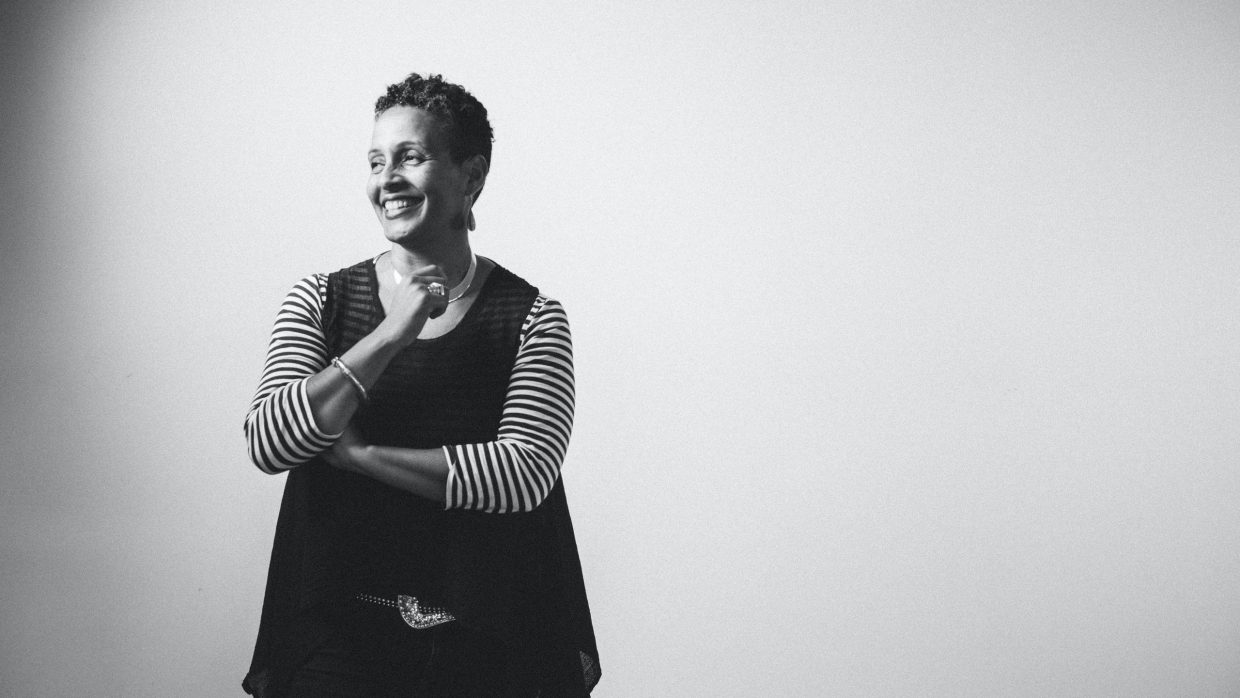 Back to selection
Back to selection
Sundance Institute Announces Tabitha Jackson as New Festival Director
 Tabitha Jackson
Tabitha Jackson During the festival’s 2020 awards ceremony tonight, the Sundance Institute announced Tabitha Jackson, the Director since 2013 of the Institute’s Documentary Film Program, to be the new Director of the Sundance Film Festival. Jackson will succeed John Cooper, who, after 11 years as Director of the Festival, will move into a newly created Emeritus Director role.
Said the Sundance Institute’s Executive Director, Keri Putnam, in a press release, “Tabitha is fiercely devoted to independent artists, has been a visionary member of the Sundance Institute’s leadership team for the last six years. Her authenticity, experience and perspective will serve her well in leading the Festival forward as a beacon for independent artists and audiences.”
Commented Sundance founder Robert Redford, “I founded Sundance Institute with the clear mission of celebrating and supporting independent artists, said Sundance Institute founder Robert Redford, “and the Festival is the platform where we can showcase their stories. As we approach our fortieth anniversary, I’m pleased to have Tabitha lead us as we move into the future and meet the next generation of artists and their stories.”
Commented Jackson, “It is exciting to be amplifying the voices and work of independent artists in these challenging and fast-changing times. My role, working with a team at the top of their game, will be to ensure that the festival remains as effective, vital and transformational in the years going forward as it has been in the past — and to make sure that we have fun doing it. I can’t wait to get started.”
In her previous role at Sundance, Jackson was especially known for her advocacy of creative forms of documentary storytelling. “The lingua franca of non-fiction filmmaking should be the language of cinema and not the language of grant applications,” she said in a 2014 DOC NYC keynote one year into her job. Among the initiatives Jackson headed at Sundance was the Art of Non-Fiction Fellowship, which supported filmmakers engaged in particularly innovative approaches to non-fiction.
Previous to Sundance, Jackson was Head of Arts and Performance at Channel 4 TV in London, and for U.K.’s Film Four she executive produced films including ark Cousins’s The Story of Film, Clio Barnard’s The Arbor, Sophie Fiennes’The Pervert’s Guide to Ideology, Bart Layton’s The Imposter, and Iain and Jane’s Nick Cave biography 20,000 Days on Earth.
Through her work with the Documentary Film Program, the charismatic, inspiring and intellectually provocative Jackson has excelled at fostering paradigm-shifting discourse and lateral thinking, which makes her heading the festival an exciting proposition. She described her final interview for the job, with Redford, to Sean P. Means at the Salt Lake City Tribune: “I asked him what he wanted to see in the next festival director. He said he wanted a commitment to independence and an embrace of change. And that’s what he has said consistently, from the founding, and it is still relevant and resonant and necessary.”
To Mark Olsen at the Los Angeles Times, Jackson cited Redford’s values of independence as a “key text” but then continued, “Frank Zappa would be my other key text where he said, ‘without deviation from the norm, progress is not possible.’ So I think that’s what independence is in a sense as well. When we think of the work, it’s about doing something differently. As I think about the festival, the first thing I want to do is to sit with the team and understand what’s possible. ‘What if’ are the two most powerful words in the English language. So I want lots of our discussions with the team to start with ‘what if.’”
In an interview with Eric Kohn at Indiewire, Jackson acknowledged the festival’s balancing act — curating and presenting strong independent work work while existing also as the de facto leading marketplace for independently-produced American films: “I think we need to find a consistent, stable, safe place for this work to be shown and championed. The community aspect of Sundance is notable. In doing this difficult work, and the vagaries of the marketplace being purely about sales, we think our role is having this strong community, inspirational work, hungry audiences, and an industry that feels we are still resonating with what they need. There’s a lot we can’t control, but those are the things we can and should.”
On stage at the Sundance awards ceremony, where she appeared following the announcement of her new position, Jackson said, “As a Brit, going through Brexit yesterday, I felt something a little like grief. I lost a whole continent. Today, here, with you, I feel like I’ve gained a whole world.”
